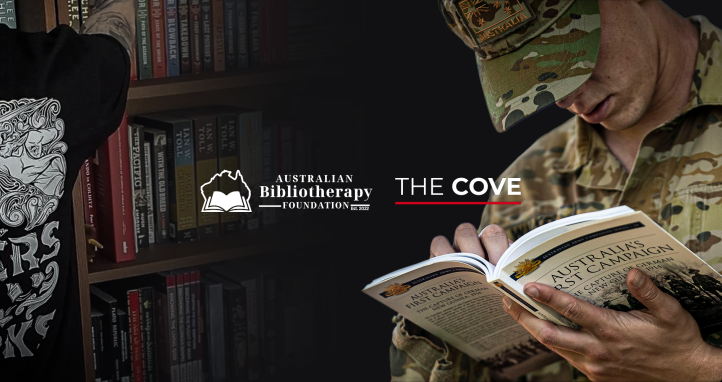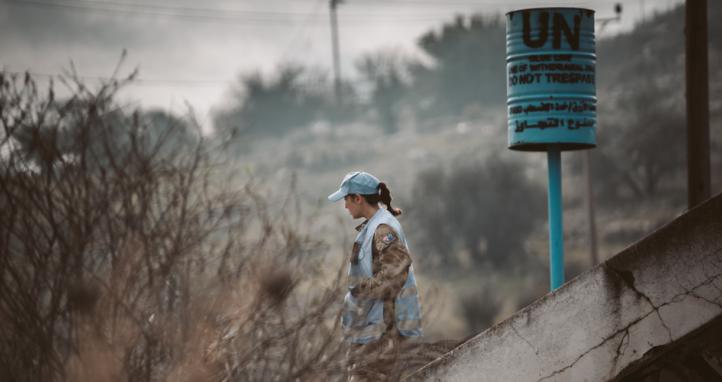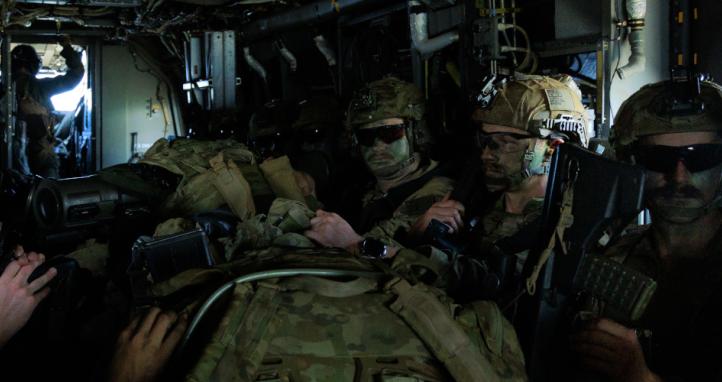The Following is a response to Jeremy Satchell's article The Under Utilised Opportunity: Remembrance and the Moral Component of Fighting Power posted on 19 Jan 17.
The demands warfare places on the soldier are indeed terrible: mentally, emotionally, physically and spiritually. Jeremy correctly points out that Fuller’s work, quoted in LWD, states that professional mastery involves the integration of these very same interdependent components. The human force being threefold: mental, moral and physical, but none of these forms of force can be expanded without influencing the other two.
These three components form the learning pillars of the Vasey Resilience Centre (VRC) in the 3rd Brigade. The intellectual component provides the knowledge to fight, the moral (character) component provides the will to fight and the physical component provides the means to fight; all of which contribute to generating fighting power and ultimately the capability that Army require to fight the land battle.
Army expends much effort in preparing soldiers for the physical and intellectual components of fighting power, however the moral/character component can easily be neglected. Yet that moral or character component is as important, if not more important, because it ultimately underpins a soldier’s drive, motivation, view of self and responsibility to others. This is what might be referred to as a person’s worldview or philosophical position.
A world view may be understood as a framework or set of foundational beliefs through which you view the world and find your place in it. This framework could be thought of as being like the frame of a house: not seen but crucial to the way our reality is constructed and held together. It supports your beliefs, your actions, and your plans and hopes for the future. It gives shape to your life and creates the space in which you live and speak, act and dream. This frame is your frame. It might be the same as others, but it can also be very different, especially between cultures.
During peace time the ‘cracks’ of logical inconsistency or poor interpretation can be papered over, but this is not so easy during warfare when ‘with each succeeding month, with each succeeding year, it makes heavier and more terrible demands on the mental and spiritual capacities and powers of [those] engaged in it'.
If Army is in the business of generating fighting power with soldiers that are thoughtful, resilient and discerning members of a global community, then our soldiers need to be able to evaluate and critique their own beliefs as well as others. To do this well they need to understand something of the world views of others. This is achieved by being informed and conscious of what lies behind the messages they receive; by becoming critical thinkers.
What you believe spiritually influences your outlook on the world and by default your ability to weather the storms of life. Accordingly, VRC presses the moral world view of soldiers. It gets them to ask questions and, to think about:
- What happens at the point of death?
- What would they kill for?
- What gives their life purpose?
- What is their responsibility to themselves, others and the environment?
If these questions cannot stand up to rigorous investigation in the barracks and classroom, they will certainly not stand up to the demands of the battlefield, and the consequences of such a collapse in combat can be dire.
Using an interactive exercise the VRC challenges the moral world view of soldiers. In doing so we help them to become more robust and resilient individuals better able to contribute to the generation of fighting power. In this exercise, rather than telling a story from a traditional third-person perspective, with a linear storyline and a pre-determined ending, this “interactive storyline” causes soldiers to act as the main character and determine the end-state by making decisions at key points. There are many possible endings; some happy, some not so happy, but the outcome always depends on crucial choices made by the individual. One key outcome from this activity is the realisation that not all the possible storylines have happy endings.
The 1500 soldiers from the 3rd Brigade that have completed this activity are overwhelmingly supportive of it. They report how much they enjoy hearing about what their mates believe, participating in an adult learning environment, and being exposed to new concepts.
We are taking what is a philosophical lesson, applying it to the world, and making it digestible and understandable for today’s soldiers. By doing so they are becoming more thoughtful, resilient and discerning members of a global community, better able to evaluate and critique their own society as well as others.










What happens at the point of death?
What would they kill for?
What gives their life purpose?
What is their responsibility to themselves, others and the environment?
Paying attention to worldview is a helpful foundation for how we want to live and what owe want to love for.